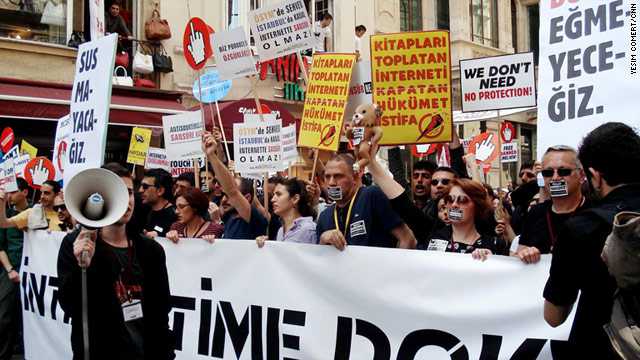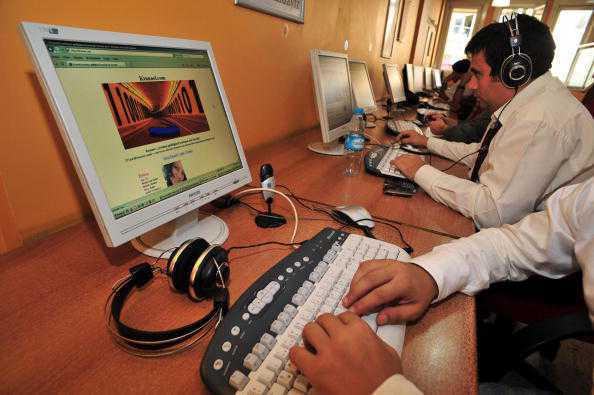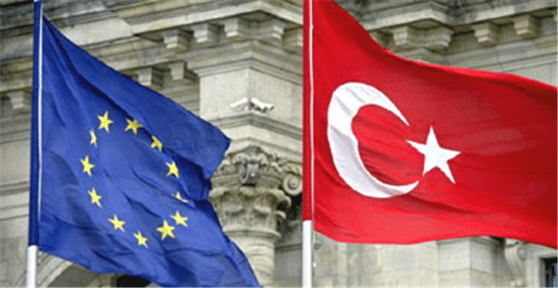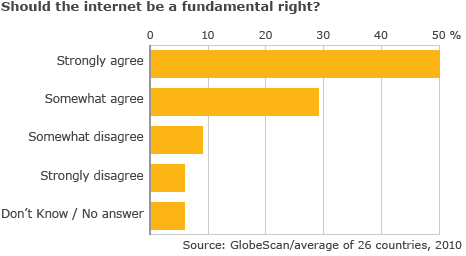Marchers protest new Turkish Web filtering rules
From Yesim Comert, CNN
May 15, 2011 — Updated 2041 GMT (0441 HKT)

Thousands of Turks march Sunday in Istanbul to protest against Internet filtering regulations set to take effect in August
Istanbul (CNN) — Several thousand opponents of new Internet filtering rules, set to take effect in Turkey in August, marched in protest in Istanbul on Sunday.
Demonstrators carried signs in Turkish and English reading “Don’t touch my Internet” and “We don’t need protection,” while they chanted slogans against website censorship.
Internet users must choose among four filtering options, including family, children, domestic or standard settings, as a part of Turkey’s “Safe Internet Service.”
The regulations are designed to protect children from indecent online content, according to BTK, the prime minister’s information technology board. Critics argue that it is not clear how the filtering system will work.
The marchers stopped several times to stage brief sit-ins during the two-hour route from the Taksim Square to the end of Istiklal Street.
Organizers claimed the marcher numbered in the “thousands,” which appeared to be accurate to a CNN reporter on the scene.
The new filtering rules will be enforced beginning August 22, the government said.
A “Enemies of the Internet” report issued this month by Reporters Without Borders included Turkey on its 2011 list of “countries under surveillance.”
The BTK was “not fooling anyone when it claims to be rendering a service to Internet users by giving them a choice between a lot of restrictions and fewer restrictions,” the report said.
Turkey already blocks more than 7,000 websites, “in most cases without reference to any court,” the report said.
via Marchers protest new Turkish Web filtering rules – CNN.com.




